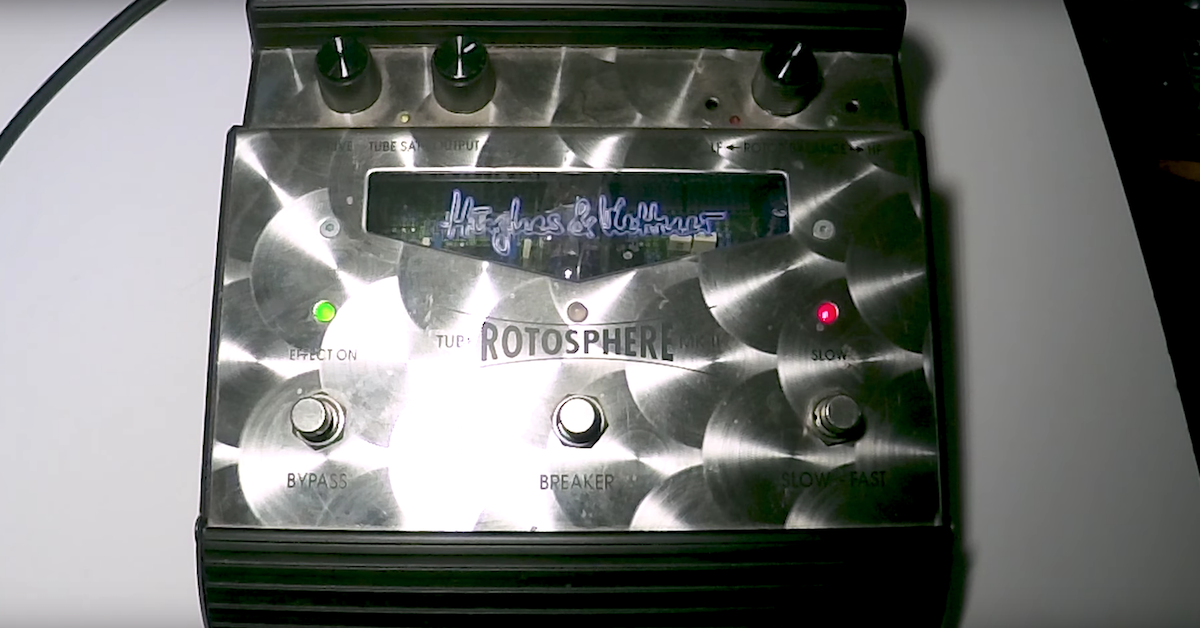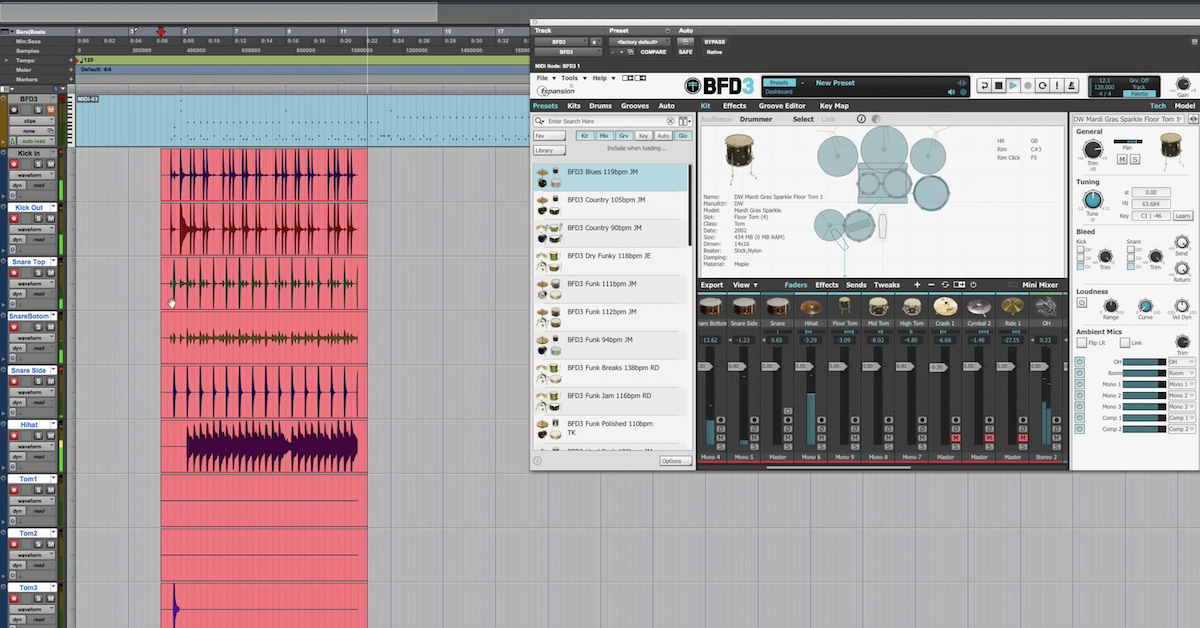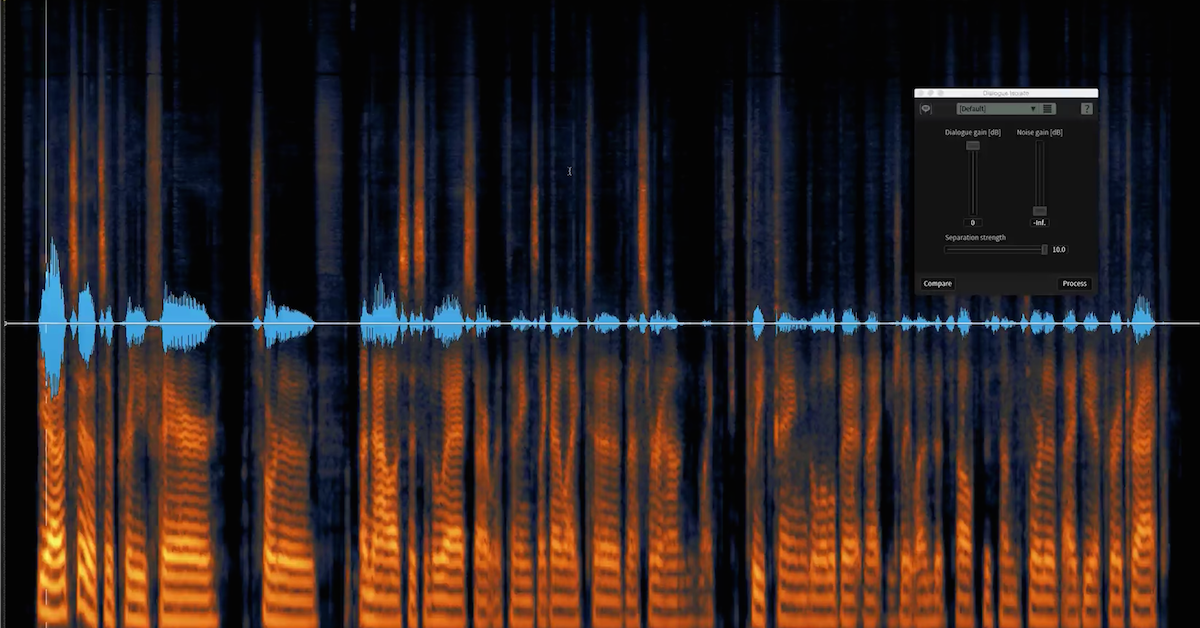Geoff Emerick — 1945-2018
Article Content
Geoff Emerick was responsible for some of the brashest, boldest and most beautiful sounds in the history of recorded music. Starting as an assistant engineer at EMI at the age of 15, Emerick put his time in learning the studio ropes before ultimately being promoted by George Martin to the role of lead engineer for The Beatles album ‘Revolver’, which is widely lauded as one of the greatest albums of all time.
In his time working with the most popular band of all-time, he redefined the role of recording engineer, challenging preconceived notions of how music should be recorded. He wasn’t afforded the limitless overdubs and track counts that we take for granted today, so documenting a musical performance was a vastly different process. Managing to create a comfortable recording environment in which a band feels confident (or at least competent) performing their work can be challenging, and Emerick was tasked with recording the notoriously challenging and envelope-pushing group from Liverpool.
Not only did he brilliantly capture the raw, vibrant, emotive performances of The Beatles, his technical prowess and creative approach enabled the band to search for the ever-evolving palette of sounds that they heard in their heads. This pursuit of sonic expression resulted in some truly unorthodox recording methods including running vocals through Leslie speakers, miking drums closer than what was previously considered safe practice, and even chopping up tape loops using scissors and reassembling for a carnival-like effect that reinforced the concept of Lennon’s “Being for the Benefit of Mr. Kite”.
It’s arguable that before The Beatles, a recording engineers’ primary role was to meticulously document a musical performance so that the final product closely represented the original performance, but because of the “impressionistic” approach to recording and production adopted when Emerick took over as the bands’ primary recording engineer, the medium became something much more artistically expressive.
Music production is a service business, and Emerick served virtually his entire life, testing and expanding the technical and aesthetic boundaries of recorded sound. His impact will be felt by engineers and musicians for generations to come.





